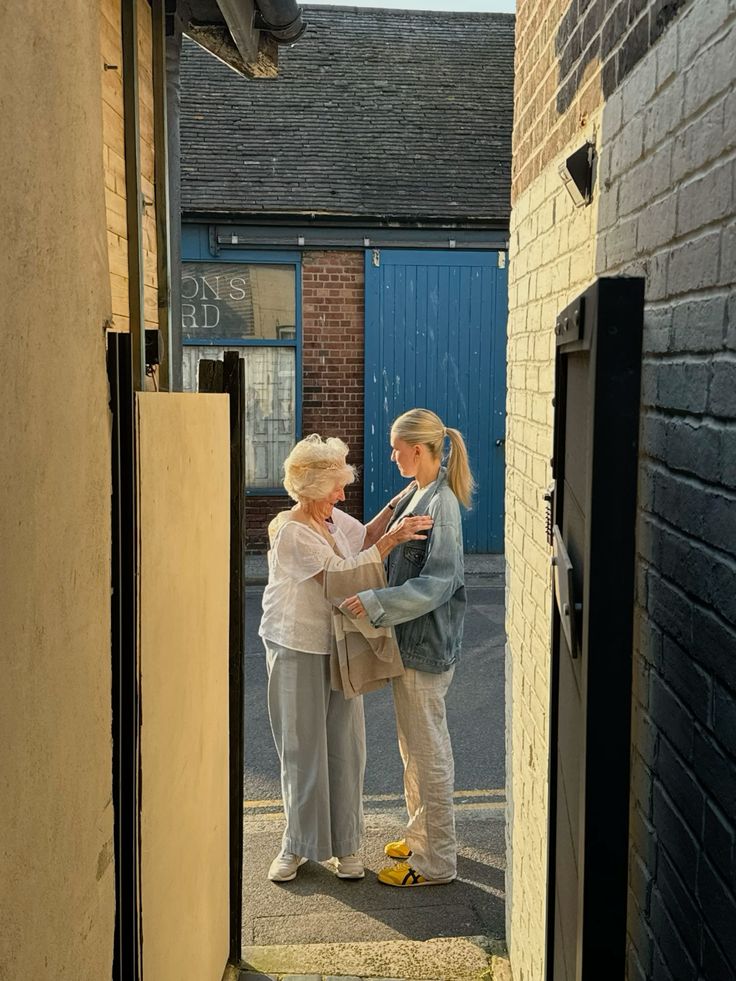Picture this. You are standing in a crowded women’s bathroom and hear a chorus of apologies for the littlest of things. One woman apologizes for needing the paper towels that are placed in an awkward location. Another lady apologizes for being in the way while washing her hands. And, another woman apologizes to you for taking a step around you to exit the bathroom. The vicious cycle never ends.
Why do women feel the need to apologize so much more than their male counterparts? What does this need say about women? Should they change this apologetic behavior and if so, how?
There is a common theory that women apologize more because the thought of anyone misinterpreting their actions as rude or inconsiderate is just too much for them to bear, so they employ a preemptive strike of apologies. According to a study published in Psychological Science, “women have a lower threshold for what constitutes offensive behavior.” Maybe this is from years of grandmothers and mothers leaning over their daughters’ shoulders telling them to be ladylike. Or perhaps women are just better at employing the “Golden Rule” we all learned at the age of five.
Another interesting claim presented in a New York Times article by Sloane Crosley is that every time a woman says she is sorry it is actually, “tiny acts of revolt, expressions of frustration of anger at having to ask for what should be automatic.”
“I constantly find myself saying sorry for things that don’t even need an apology,” says Christina Butera, junior at Penn State. “It’s not that I’m actually sorry, it’s just that it comes out so naturally.”
This constant apologizing raises an interesting question: by apologizing more than men are women giving up some of their own power? Valley knows that women are priceless in and out of the workplace, but women still find themselves in an uphill battle on the ladder of success. The famous funny girl Amy Schumer had a skit on her show, “Inside Amy Schumer,” about this almost compulsive behavior. In the skit, powerful women gathered for a summit, but when they began speaking the women started apologizing for small things that quickly escalated to apologizing for existing.
In hopes of reversing this behavior and instilling confidence in all women companies like Pantene have released “sorry not sorry” advertisements that give women alternatives to apologizing. Hopefully, with little steps such as these, women will begin to feel more confident and no longer feel the need to apologize for the little things.
Be confident. Be you. Be #sorrynotsorry.





